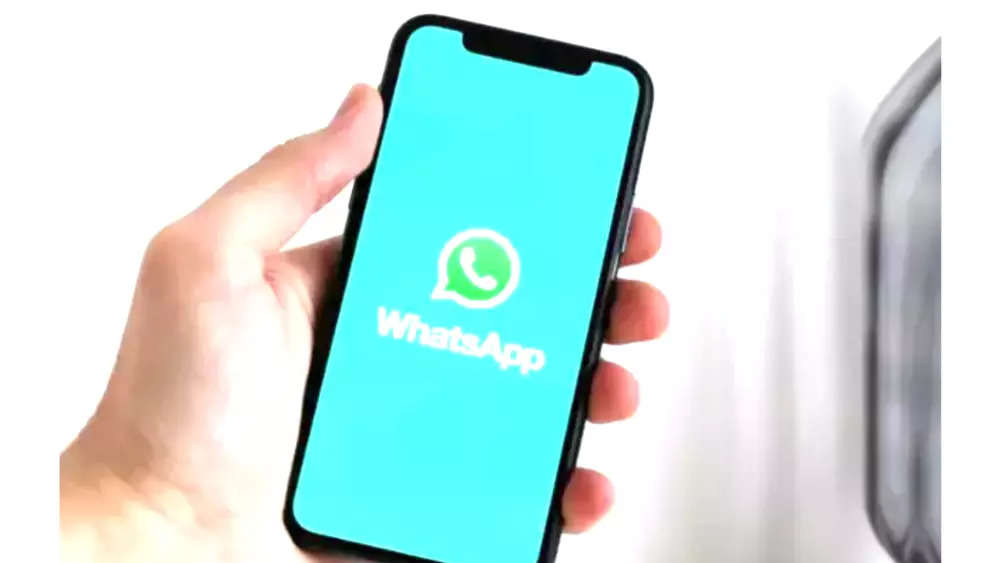WhatsApp may rollout screen sharing feature: Here’s how it will work – Times of India
WABetaInfo, the website which tracks changes in WhatsApp built, has revealed that WhatsApp is rolling out a new feature that allows users to easily share their screen during a video call. The feature is presently available for Android beta testers and it comes with WhatsApp beta for Android version number 2.23.11.19.
How the screen sharing feature works
WABetaInfo has also explained how the screen sharing feature on WhatsApp will work. As per WABetaInfo, users will see a new icon located in the call control view using which they will be prompted to share their screen. When users decide to share their screen, then displayed on their screen will be recorded and shared with the recipient.
The report also adds that users will have full control over this feature. Despite the continuous transmission of their screen content during the video call, they can stop the process at any time. In addition, this feature is only enabled if you give your consent to share the content of your screen.
Following the installation of the WhatsApp beta update 2.23.11.19 for Android, certain users may observe slight modifications in the layout of the bottom navigation bar. Notably, the order of tabs within the bottom navigation bar has been rearranged. Specifically, some users might now find the tabs arranged as follows: Chats, Calls, Communities, and Status.
function loadGtagEvents(isGoogleCampaignActive) { if (!isGoogleCampaignActive) { return; } var id = document.getElementById('toi-plus-google-campaign'); if (id) { return; } (function(f, b, e, v, n, t, s) { t = b.createElement(e); t.async = !0; t.defer = !0; t.src = v; t.id = 'toi-plus-google-campaign'; s = b.getElementsByTagName(e)[0]; s.parentNode.insertBefore(t, s); })(f, b, e, 'https://www.googletagmanager.com/gtag/js?id=AW-877820074', n, t, s); };
window.TimesApps = window.TimesApps || {}; var TimesApps = window.TimesApps; TimesApps.toiPlusEvents = function(config) { var isConfigAvailable = "toiplus_site_settings" in f && "isFBCampaignActive" in f.toiplus_site_settings && "isGoogleCampaignActive" in f.toiplus_site_settings; var isPrimeUser = window.isPrime; if (isConfigAvailable && !isPrimeUser) { loadGtagEvents(f.toiplus_site_settings.isGoogleCampaignActive); loadFBEvents(f.toiplus_site_settings.isFBCampaignActive); } else { var JarvisUrl="https://jarvis.indiatimes.com/v1/feeds/toi_plus/site_settings/643526e21443833f0c454615?db_env=published"; window.getFromClient(JarvisUrl, function(config){ if (config) { loadGtagEvents(config?.isGoogleCampaignActive); loadFBEvents(config?.isFBCampaignActive); } }) } }; })( window, document, 'script', );
For all the latest Technology News Click Here


